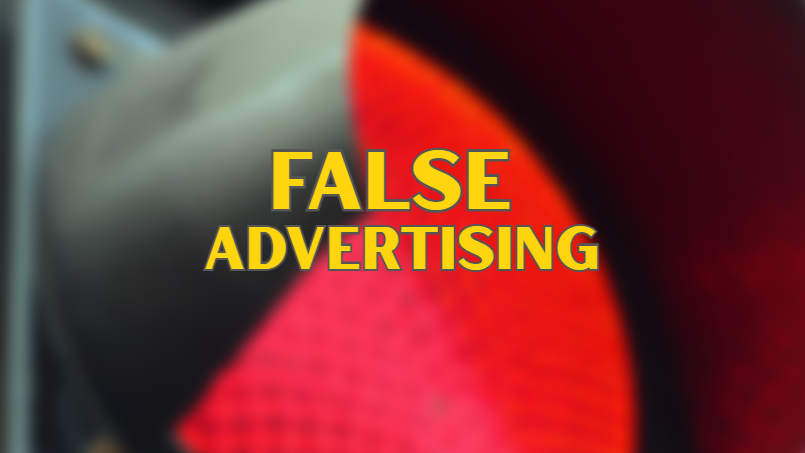
A recent federal court decision gives some guidance on what kinds of statements about a competitor rise to the level of false advertising. The case serves as a reminder for companies to be careful when using objective terminology to talk about another company’s products.
Characterizing the competition
In Enigma Software Group USA, LLC v. Malwarebytes, Inc., the Ninth Circuit Court of Appeals held that a company successfully asserted a false advertising claim against its competitor. Both parties are purveyors of computer security software. When Enigma noticed that Malwarebytes was describing Enigma’s software as “malicious” and a “threat” to the security of a computer, Enigma sued. One of the claims it made was that Malwarebytes’ characterization of Enigma’s software was false advertising under the Lanham Act (at 15 U.S.C. 1125(a)).
The lower court dismissed Enigma’s false advertising claim, holding that the statements calling the software malicious or threatening were simply opinion, and not the kind of factual assertions that could be literally false or likely to mislead or confuse consumers (and thereby be false advertising).
Context matters
The Ninth Circuit, however, disagreed with the lower court’s decision. It found that Malwarebytes’ language employed terminology that was substantively meaningful and verifiable in the cybersecurity context. It noted that unlike non-actionable statements of puffery, which are “extremely unlikely to induce consumer reliance,” Malwarebytes’s designations of Enigma’s products made “a claim as to the specific or absolute characteristics of a product” and were accordingly actionable statements of fact under the Lanham Act.
The court emphasized that characterizations of software being a “threat” or “malicious” coming from a cybersecurity company hold a particular kind of value. In the court’s words: “Because whether software qualifies as malware is largely a question of objective fact, at least when that designation is given by a cybersecurity company in the business of identifying malware for its customers, Enigma plausibly alleged that Malwarebytes’s statements are factual assertions” (emphasis added). So, to help avoid a claim for false advertising, a company must remember the industry in which it participates, and anticipate whether hearers or readers of its words will interpret them as objective statements.
Enigma Software Group USA, LLC v. Malwarebytes, Inc., 2023 WL 3769331 (9th Cir., June 2, 2023)
See also:
Court allows false advertising suit over calling take-out pizza restaurant “fast-casual”
